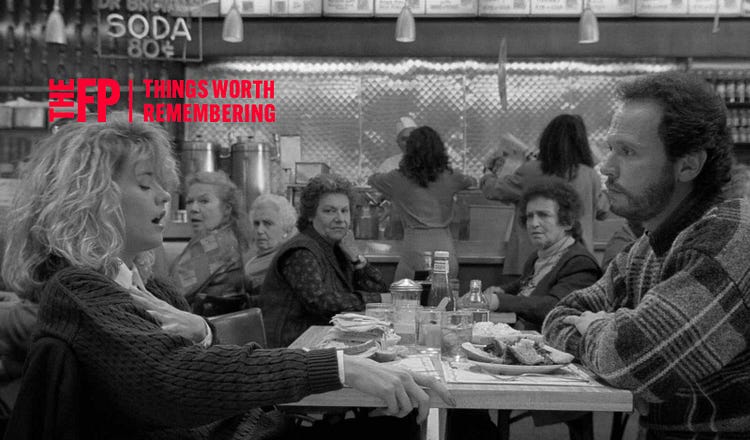
We teens of the ’90s remember sex education as an awkward mash-up of epidemiology and fluid mechanics: grim admonitions about HIV and spermicidal gels, the perils of the pullout method, and the disaster of double-condoming. For traversing the landscape of romantic relationships, we got no direction. For that, we had rom-coms.
Pretty in Pink and Sixteen Candles offered a delicate blueprint for attracting the right boy and gently turning the wrong one down. Pretty Woman left us with the rapturous sense that we knew the pain of being a hooker in love—but also, that it’s never too late for a woman to realize her own worth.
We call rom-coms “porn for women” (as if men are the measure of all things sexual), but that isn’t quite right. The rom-com’s journey is measured in hours, offering us so much more than a quick, empty jolt. Porn is a one-night stand, functional and forgotten—the rom-com is true love.

